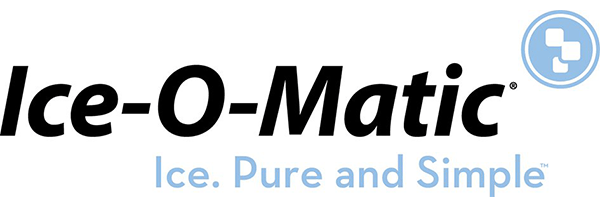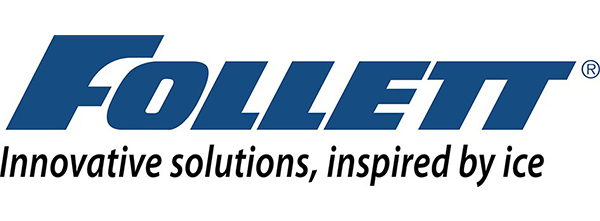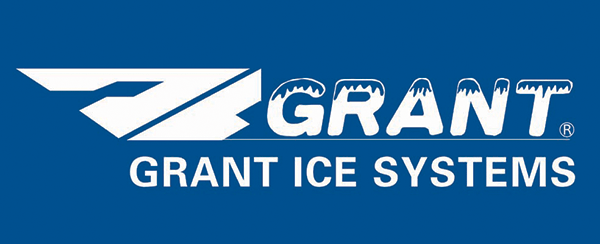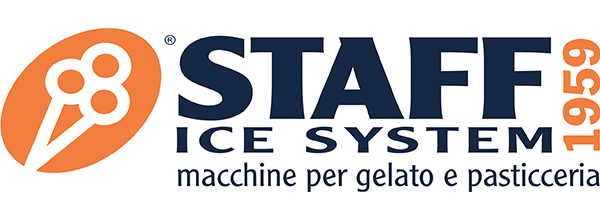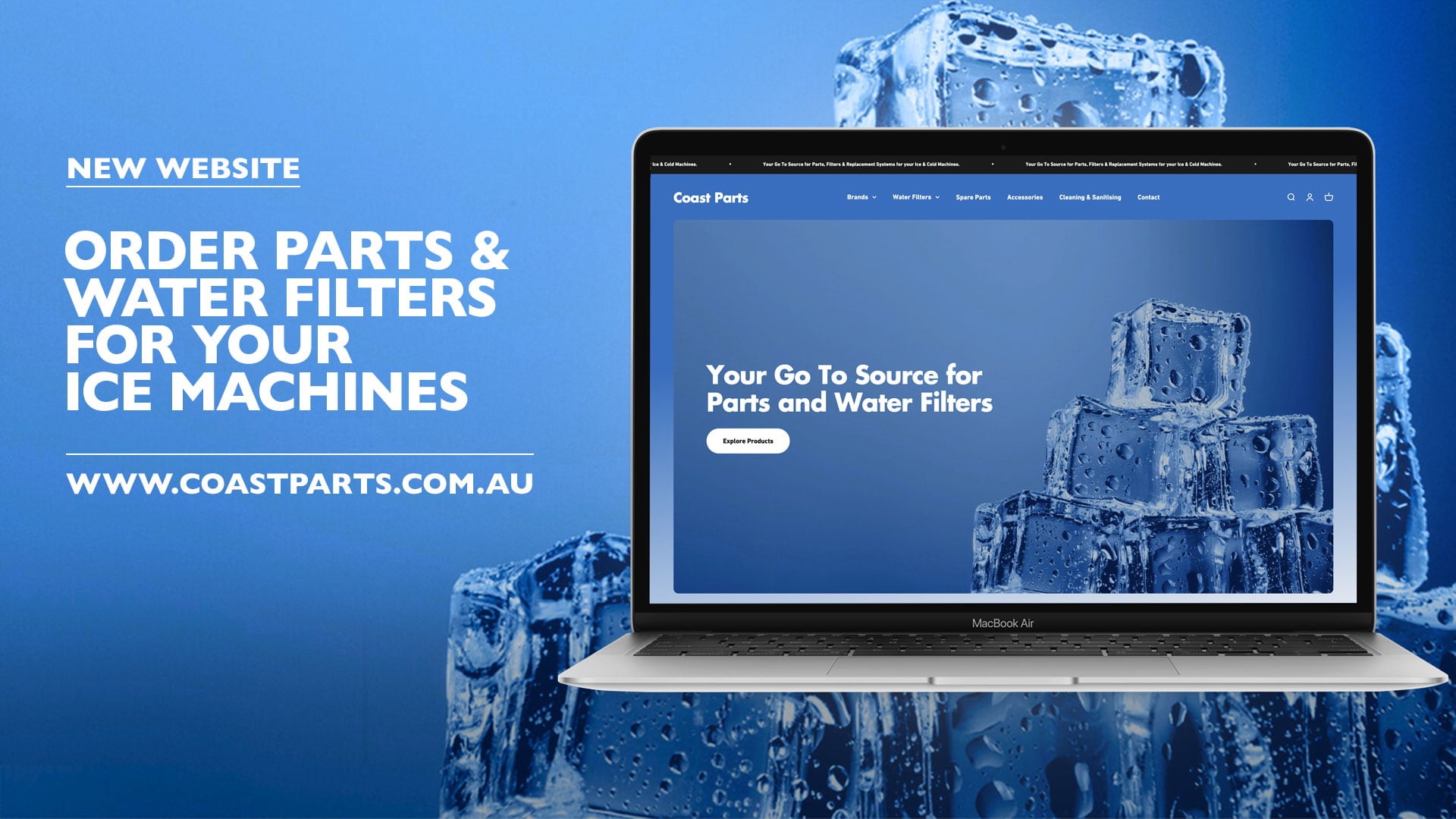Infection Control with Ice Machines in Healthcare
The Coast Team on 18th Sep 2024
In healthcare settings, maintaining a clean environment is crucial. With patients at risk, the smallest lapse in hygiene can lead to serious infections. While many focus on surfaces and medical tools, ice machines are often overlooked. These machines are used frequently in hospitals, but they can become breeding grounds for harmful bacteria if not properly maintained.
Ice is used in many ways in healthcare. It cools drinks for patients, helps reduce swelling, and is used in various medical treatments. Given its broad use, ensuring that ice is clean and safe is essential. Contaminated ice can transfer bacteria to patients, leading to infections that can complicate their health conditions.
Proper maintenance of ice machines is a key part of infection control in healthcare. Regular cleaning and sanitising of these machines help to prevent the spread of bacteria. Additionally, choosing the right ice machine with built-in infection control features can make a significant difference. By focusing on these areas, healthcare facilities can ensure they provide the safest environment for their patients.
Importance of Infection Control in Healthcare Settings
Infection control is vital in healthcare settings to protect patients, visitors, and staff. Hospitals and clinics care for people with weakened immune systems, making them more vulnerable to infections. This is why stringent hygiene practices are a must. Infection control helps reduce the spread of harmful bacteria and viruses, ensuring a safe environment for everyone.
Preventing infections can also speed up patient recovery times and reduce hospital stays. By keeping bacteria and viruses at bay, healthcare providers can focus on treating patients effectively. This not only improves health outcomes but also lowers healthcare costs by avoiding additional treatments for infections.
Moreover, infection control boosts the overall reputation of a healthcare facility. When patients feel safe and well cared for, they are more likely to trust the facility and recommend it to others. Good infection control practices demonstrate a commitment to patient safety and quality care. This is why every aspect of the facility, including ice machines, must be kept clean and sanitised.
How Ice Machines Can Spread Infections
Ice machines can be a hidden source of infections in healthcare settings. These machines are used frequently, and if not properly maintained, they can harbour harmful bacteria. Ice can become contaminated in several ways, such as poor handling, infrequent cleaning, or using dirty utensils to scoop ice.
One common issue is biofilm build-up inside the machine. Biofilm is a slimy layer of bacteria that can form on surfaces that are in contact with water. Once established, biofilm is difficult to remove and can continuously contaminate the ice. Regular cleaning and sanitising are crucial to prevent this build-up.
Contaminated ice can then spread bacteria to patients, especially if it is used in drinks or treatments. This can cause infections that are particularly dangerous for those with weakened immune systems. Therefore, it is essential to understand how to properly maintain and sanitize ice machines to prevent these risks. Consistent cleaning schedules and proper handling practices can minimize the chances of contamination and keep patients safe.
Best Practices for Maintaining Clean Ice Machines
Keeping ice machines clean is crucial to prevent the spread of infections in healthcare settings.
Here are some best practices that should be followed:
- Use a Follett Ice and Water Dispenser: Implement Follett ice and water dispensers in your healthcare facility to significantly reduce the chance of contact with ice. Follett is the industry leader in ice and water dispensers specifically designed for healthcare applications. These dispensers offer a more hygienic solution for ice distribution. Regular Cleaning Schedule: In addition to using Follett dispensers, establish a strict cleaning schedule for all ice machines. Cleaning should occur at least once a month, but more frequent cleaning may be necessary depending on usage.
- Proper Sanitisation: Use approved sanitising solutions to clean the interior and exterior of the machine. Make sure to disinfect all parts, including the ice bin, water reservoir, and augers.
- Employee Training: Train staff on proper ice handling procedures. Ensure they use clean utensils and wear gloves when handling ice. Avoid direct contact with ice to prevent contamination.
- Routine Inspections: Conduct regular inspections to check for signs of mould, mildew, or biofilm build-up. Address any issues immediately to prevent the spread of bacteria.
- Filter Replacement: Install the Coast CD500 filter, which is certified as a pathogen block when used with the 12 series ice and water dispenser. This advanced filtration system significantly reduces the risk of contamination. Filter Replacement: Regularly change the Coast CD500 filter according to the manufacturer's guidelines. Maintaining clean filters ensures the machine uses pure water, further enhancing the safety of your ice production.
- Documentation: Keep records of all cleaning and maintenance activities. This helps track schedules and ensures compliance with health regulations.
By following these practices, healthcare facilities can significantly reduce the risk of infections from ice machines and ensure a safer environment for patients.
Features to Look for in Infection-Controlled Ice Machines
When selecting an ice machine for a healthcare setting, certain features can make a big difference in maintaining infection control.
Here’s what to look for:
- Choose a Hands-Free Dispenser: Opt for an ice and water dispenser that eliminates the need for scooping. This significantly reduces the risk of contamination by minimizing direct contact with ice. Antimicrobial Features: Many modern dispensers come with antimicrobial coatings or components that inhibit the growth of bacteria and mould. These features provide an extra layer of protection, helping to maintain cleanliness and hygiene for extended periods.
- Sealed Storage Bins: Select machines with sealed storage bins to prevent external contaminants from entering the ice. This helps maintain the purity of the ice.
- Self-Cleaning Systems: Modern ice machines often have self-cleaning systems that automate the cleaning process. These systems can regularly sanitise the machine, ensuring it stays free from harmful bacteria.
- Water Filters: Good quality water filters are essential for producing clean ice. Look for machines that come with advanced filtration systems to remove impurities from the water.
- Easy Access for Cleaning: Choose machines that are designed for easy disassembly and cleaning. This makes it simpler to reach and clean all parts of the machine, ensuring thorough sanitisation.
- Monitoring Systems: Some machines offer monitoring systems that alert staff when cleaning is required or if there are any issues with the machine. These features help maintain regular maintenance schedules.
By focusing on these features, healthcare facilities can ensure they are using ice machines that support rigorous infection control protocols.
Conclusion
Ice machines are an integral part of many healthcare settings, but they can also be a hidden source of infections if not properly maintained. Understanding the importance of infection control, knowing how ice machines can spread bacteria, and following best practices for cleaning can significantly reduce risks. Moreover, selecting ice machines with features designed to support infection control adds an extra layer of protection.
Prioritising the cleanliness and maintenance of ice machines ensures a safer environment for patients, staff, and visitors. At Coast, we understand the critical role of infection control in healthcare. Our range of ice machines is designed with these needs in mind, offering advanced features to help maintain a hygienic environment.
Explore our selection of infection-controlled ice machine today at Coast Distributors and make an informed choice to enhance the safety of your healthcare facility.


